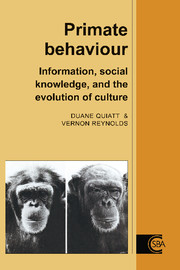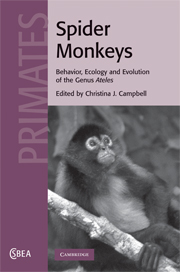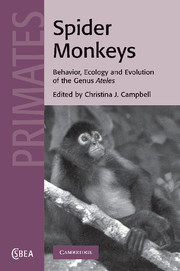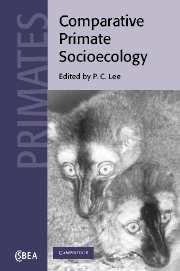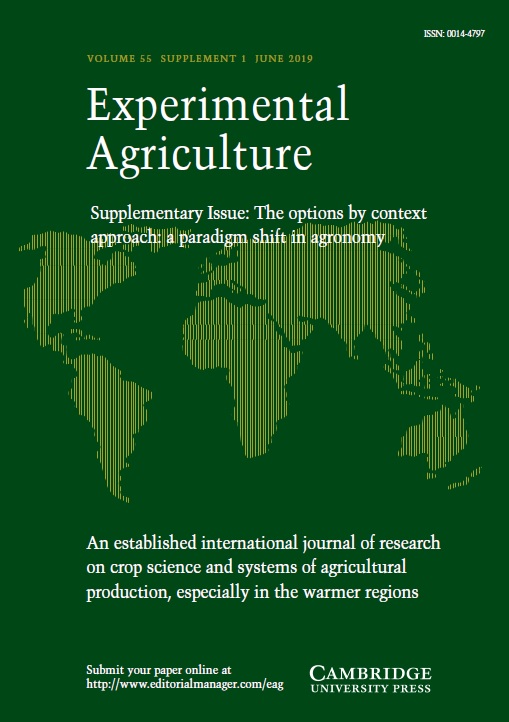Primate Behaviour
This book is about the social life of monkeys, apes and humans. The central theme is the importance of social information and knowledge to a full understanding of primate social behavior and organization. Its main purpose is to stress evolutionary continuity, i.e. that there are direct connections between human and nonhuman society. This view is often downplayed elsewhere in the anthropological literature where the notion that humans have culture and animals do not is prevalent. Topics covered include an overview of the contexts of behavior; a comparison of blind strategies and tactical decision-making; social cognition; a review of intentionalist interpretations of behavior; kinship; language and its social implications; and the constraints of culture.
- First title in a new primatology initiative in the CSBA series
- Stimulating and challenging topic
- Broad appeal across disciplines
Reviews & endorsements
"...a useful synthesis of the current state of cognitive primatology, as seen through experienced anthropological eyes, that presents a challenge to readers seeking to make sense of this topical area of research." W. C. McGrew, Nature
"...a stimulating journey. The argument avoids many pitfalls, provokes questions, and stimulates a wide perspective. When biology and ethnology eventually establish regular commerce, I suspect it will be along some of the lines explored here." R. Haven Wiley, BioScience
"Primate cognition, which can be loosely defined as the study of the thinking, intelligence, communication, and decision making of primates, is an ebullient, interdisciplinary arena at a high boil with new developments in wild, captive and theoretical studies....The readers who would most benefit from reading this book are psychologists and cultural anthropologists interested in cultural evolution and cognition, but naive about primatology and animal behavior." Sue Boinski, American Journal of Physical Anthropology
"In an easy-to-read, conversational style, the authors review literature on primate social cognition, the importance of kinship in many matrilineal primate societies, and the elaboration of kinship and lineage classifications enabled by language." Karen B. Strier, International Journal of Primatology
"...densely packed with theory and models for further consideration....this book would stimulate useful discussion and suggest topics for further investigation." Lynne E. Miller, Quarterly Review of Biology
"...a solid and competent summary of cognitive primatology." N. Patrick Peritore, Human Ethology Bulletin
"Primate Behaviour is a solid and competent summary of cognitive primatology." Patrick Peritore, Human Ethology Bulletin
Product details
January 1995Paperback
9780521498326
332 pages
228 × 152 × 17 mm
0.503kg
39 b/w illus. 8 tables
Available
Table of Contents
- 1. Introduction
- 2. The contexts of behaviour
- 3. Emphasizing individual benefits: blind strategies
- 4. Emphasizing individual benefits: tactical decisions
- 5. Cognition
- 6. Social cognition
- 7. Intentionalist interpretations of behaviour
- 8. Kinship in the social domain
- 9. Kinship and marriage
- 10. The constraints of culture
- 11. Language and its social implications
- References
- Index.

